
OR
Jumla yet to get to taste the fruits of democracy
Published On: February 19, 2024 07:40 PM NPT By: Upendra Lamichhane
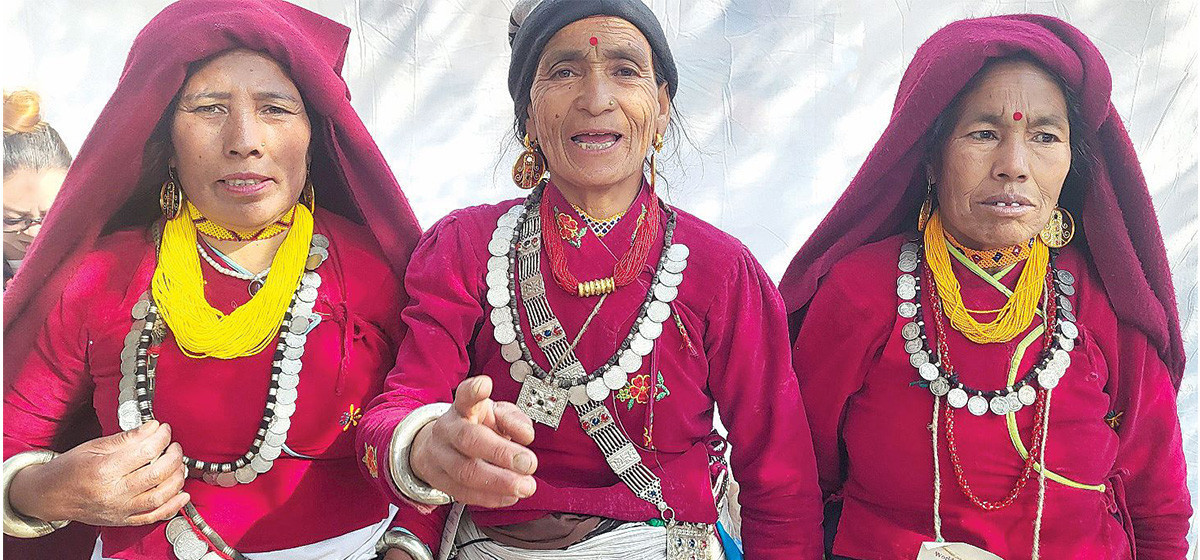
KATHMANDU, Feb 19: There is a saying - democracy dawned in Nepal in 2007 BS but the people of Jumla came to know about it only in 2008 BS! The essence of this saying is that the residents of remote and rural Jumla, which is far away from the capital, got the news of the arrival of democracy too late due to the lack of transport and communication.
Some locals of Jumla, who Republica met in Kathmandu on February 18, the eve of Democracy Day, said that despite democracy being introduced in 2007 BS, its essence had not been felt in Jumla even in 2080 BS. “I don't know where and when democracy was introduced. Our suffering is the same,” said 59-year-old Chukki Mahatara from Jumla, “After working for 12 months, we don’t get enough to feed ourselves even for six months.”
Another local of Jumla, who had come to the capital to participate in the World Social Forum (WSF) 2024 with the aim of raising voice for the rights of the marginalized communities, said that there is a different world of suffering in Karnali.
Participating in the event of WSF 2024 themed ‘Another World is Possible’, they said that the residents of Jumla had to endure a world of misery due to the lack of development.
Sunita Mahtara, 50, said, “We don't even have wood to burn on the cold days. I am still unaware about the purpose of democracy.”
“Livelihood is given continuity by plowing fields, cutting grasses and firewood,” she said, “I came to Kathmandu with Jumla's organic products ranging from barley, millets, cereals, and dry fruits to locally woven attires.”
She complained that Jumla has not progressed despite several efforts. “I don't know when democracy was introduced in Nepal,” she said, “But it is becoming clear that there is rampant corruption in every level of government.”
She said that the people in remote areas are facing problems because the middlemen have taken away the subsidies that the farmers are supposed to receive.
Purnakali Rokaya, who was dressed up in the traditional attire of Jumla, said that no matter how hard she worked, she couldn’t save it.
“The goods produced in Jumla don’t get an appropriate market and reasonable prices,” she said, “The capital city is far away from Jumla. We don’t have access to showcase our products and capabilities due to lack of government attention and geographical constraints.”
The understanding of Purnima BK from Jumla’s Chandannath is similar. She said that the government should focus on the development of Jumla so that they can have basic services such as health, education, transport and employment opportunities.
She said that the locals of Jumla are seen plowing fields with traditional methods while in the capital, Democracy Day is celebrated to guarantee basic and fundamental rights of every citizen. “If democracy had really been implemented, there would be no discrimination between citizens,” she said, “The locals of Kathmandu and the locals of Jumla should be treated equally.”
She complained that the government has spent millions of rupees to build roads in Kathmandu and hasn’t formulated effective plans to reduce the risks on the highways of Karnali.
Even though many countries in the world have made leaps in development, Nepali society is still entangled in discrimination, injustice and inequality.
During the WSF 2024, national and international organizations related to various fields and right activists are organizing programs for achieving justice, peace and equality and ending discrimination with solidarity.
“Just like this program, the government had to come up with a slogan that another Nepal is possible,” said Geeta Mahatara of Jumla, “The people of Jumla will get to taste the fruits of democracy if there is a sense of justice and equality.”
You May Like This
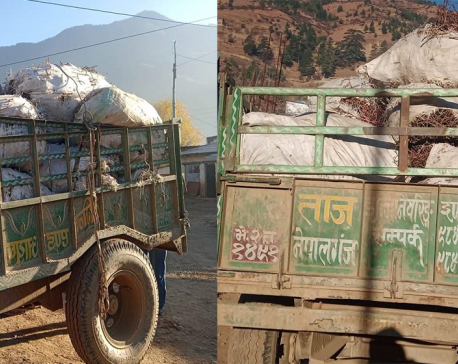
Tractor carrying herbs under police control
JUMLA, Dec 5: The District Police Office, Jumla, has seized a tractor carrying herbs. The tractor (Bhe 2 Ta 1491),... Read More...

'Golden Thousand Days' program helping mothers in Jumla take proper care of children
JUMLA, August 24: In the past, Ramudabi Hamal of Tila Rural Municipality-3, Jumla used to go to work leaving her... Read More...

27 out of 28 stolen Jumla idols found in forest
JUMLA, Jan 4: Police on Tuesday recovered 27 out of the 28 idols stolen from the renowned Chandannath Temple of Jumla... Read More...
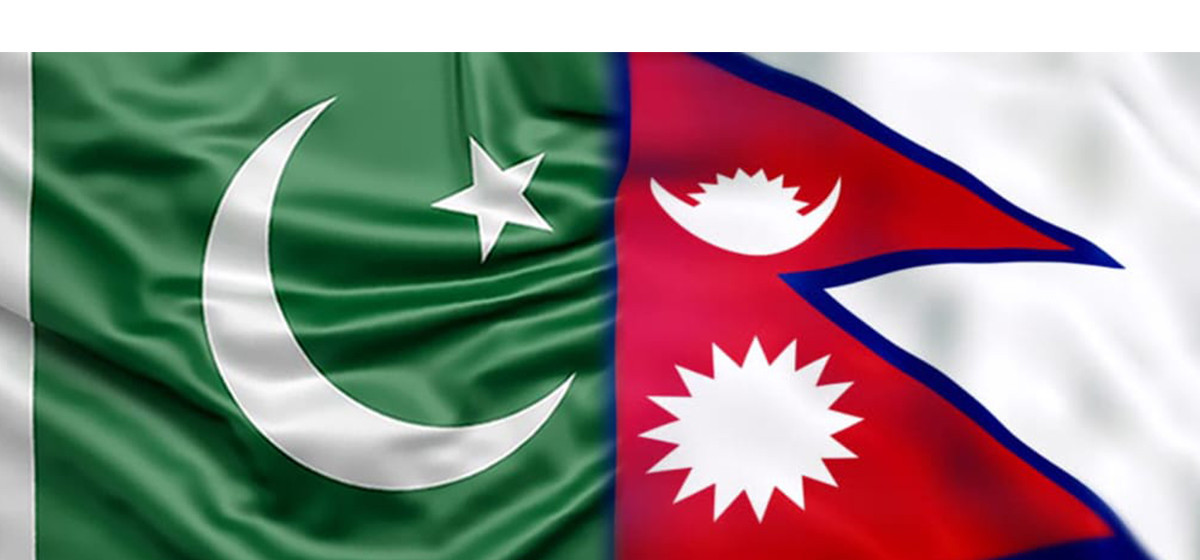
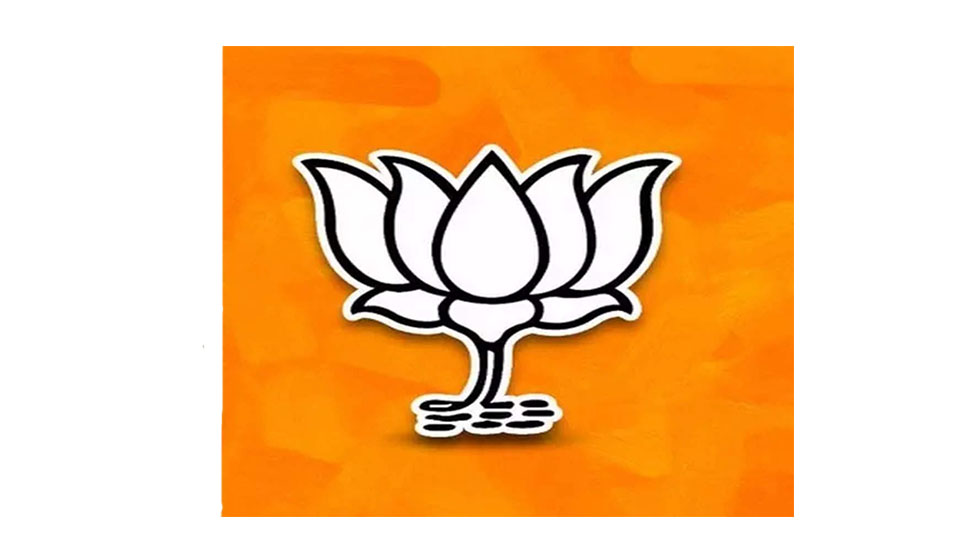
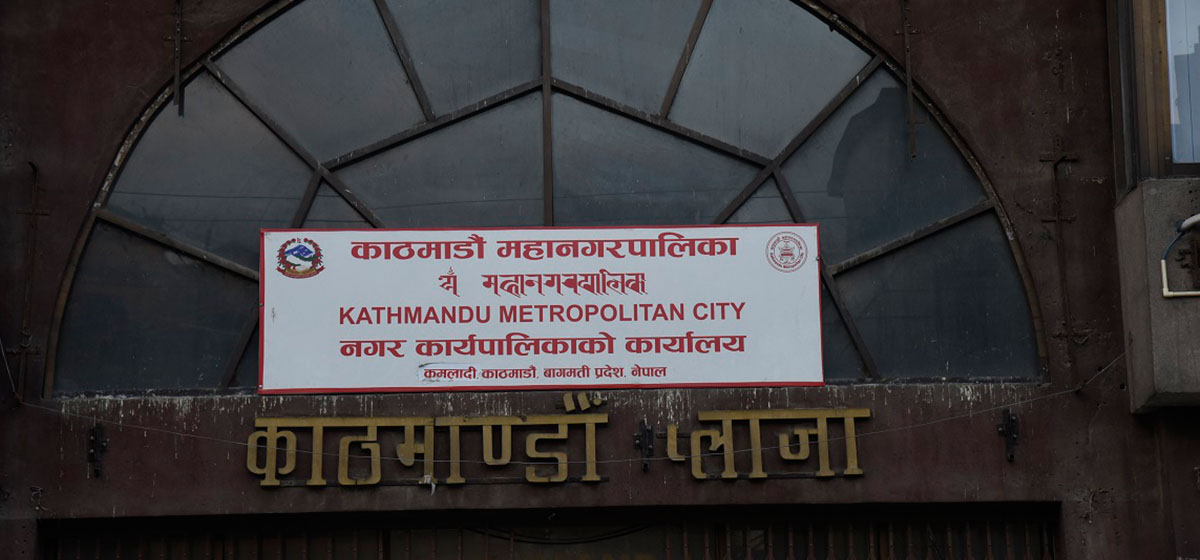
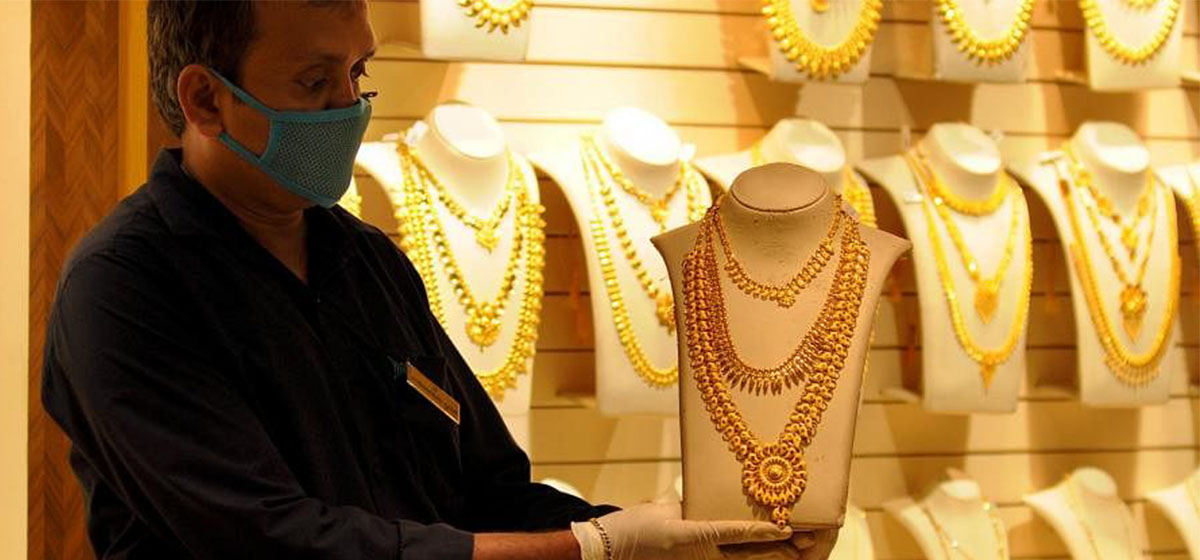

Just In
- Govt to extend child nutrition grant program to all 77 districts
- Weather to remain partly cloudy in hilly region, clear in remaining areas
- Fourth T20 match: Nepal to field first after losing toss against West Indies A
- Cricketer Lamicchane warns to disclose names of those involved in conspiracy against him
- Gold price increases by Rs 2,000 per tola
- Elderly couple dies in fire
- Ambassador of Nepal to Canada, Bharat Raj Paudyal presents letter of credentials to Governor General Mary J Simon
- Butwal: Schools closed for two days due to extreme heat



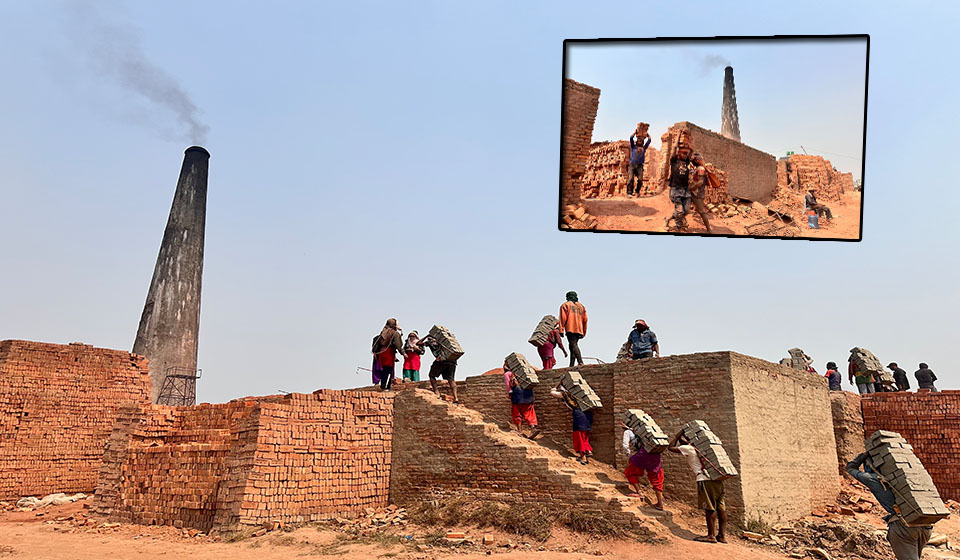
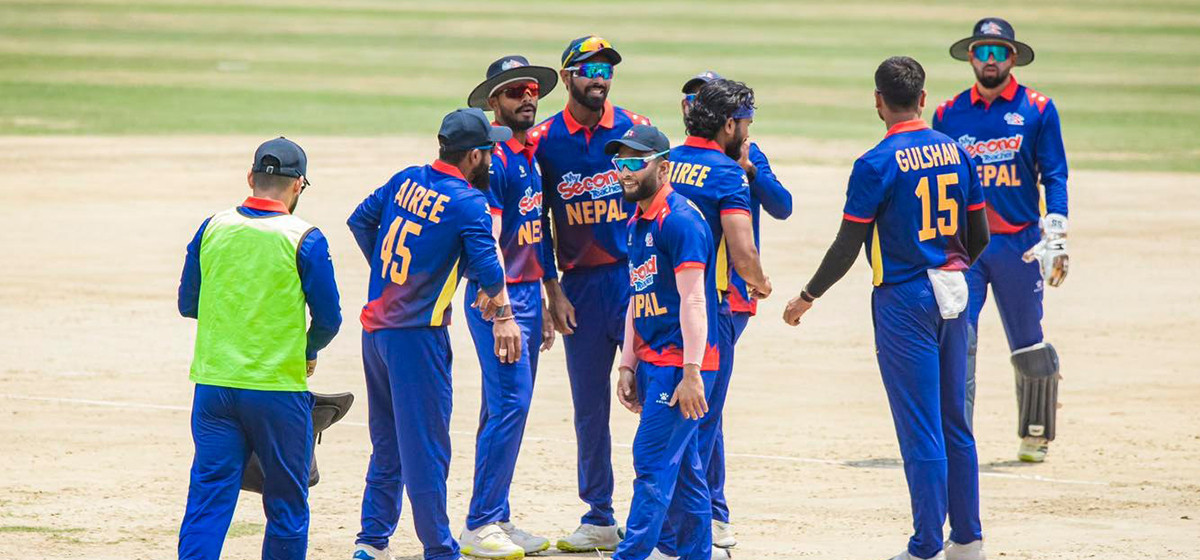
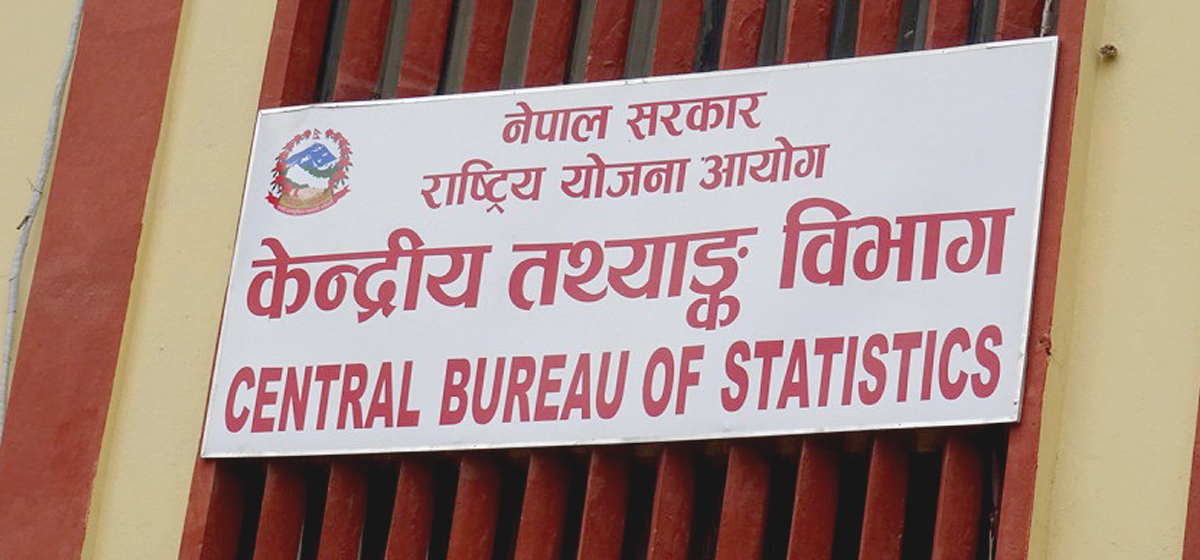
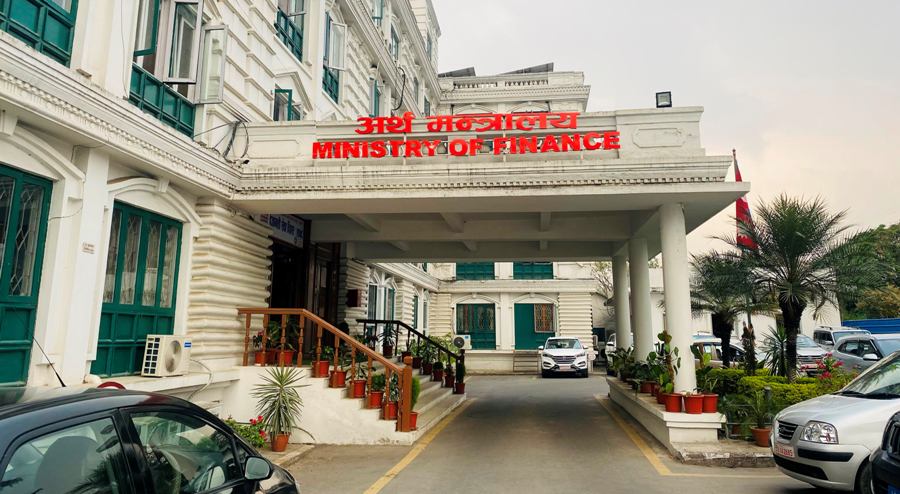
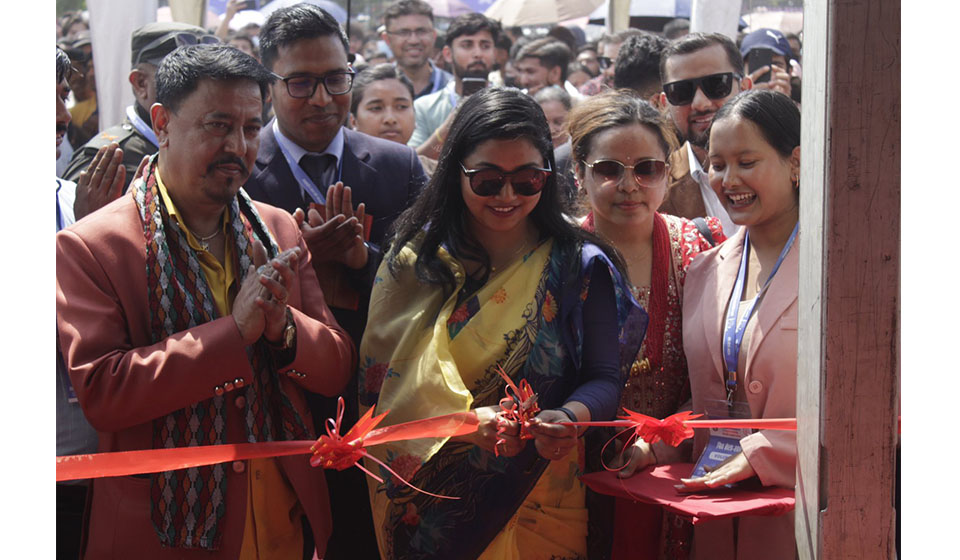
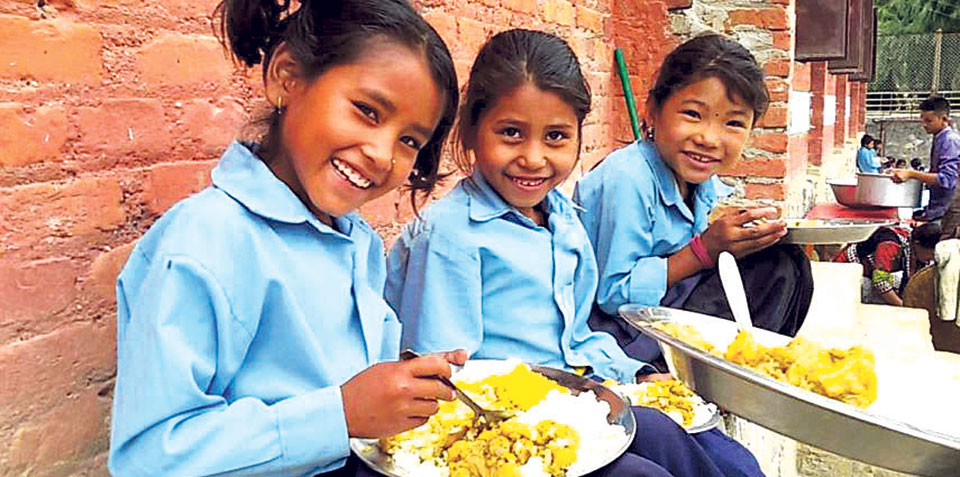
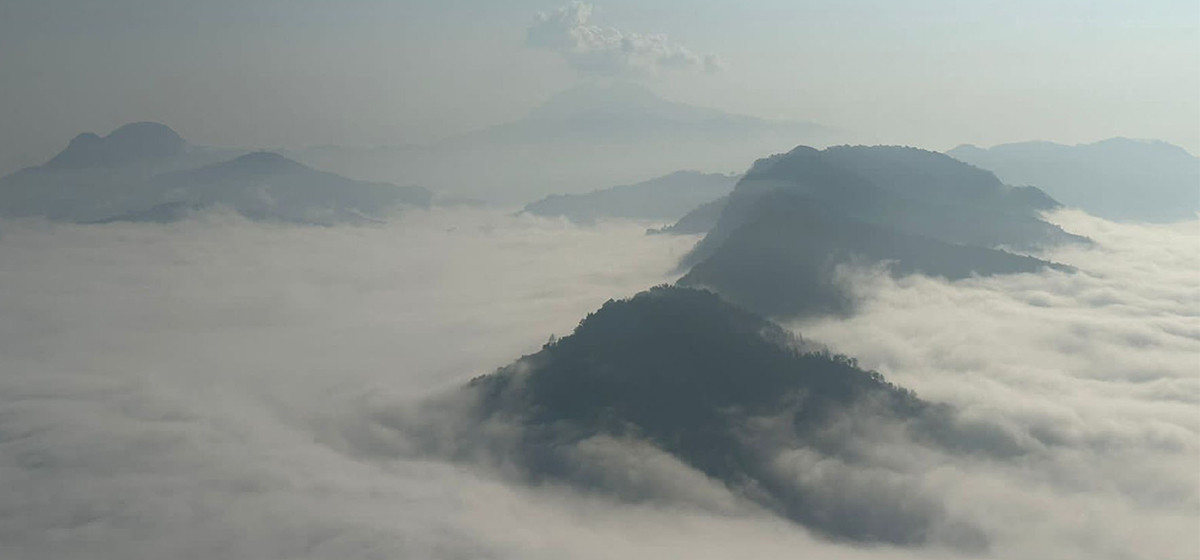
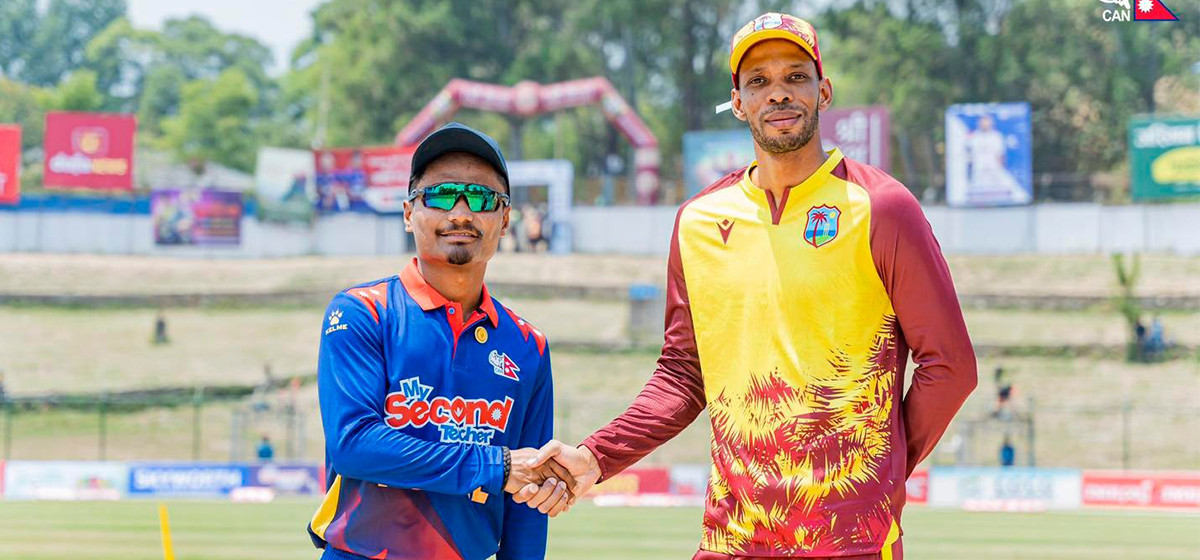

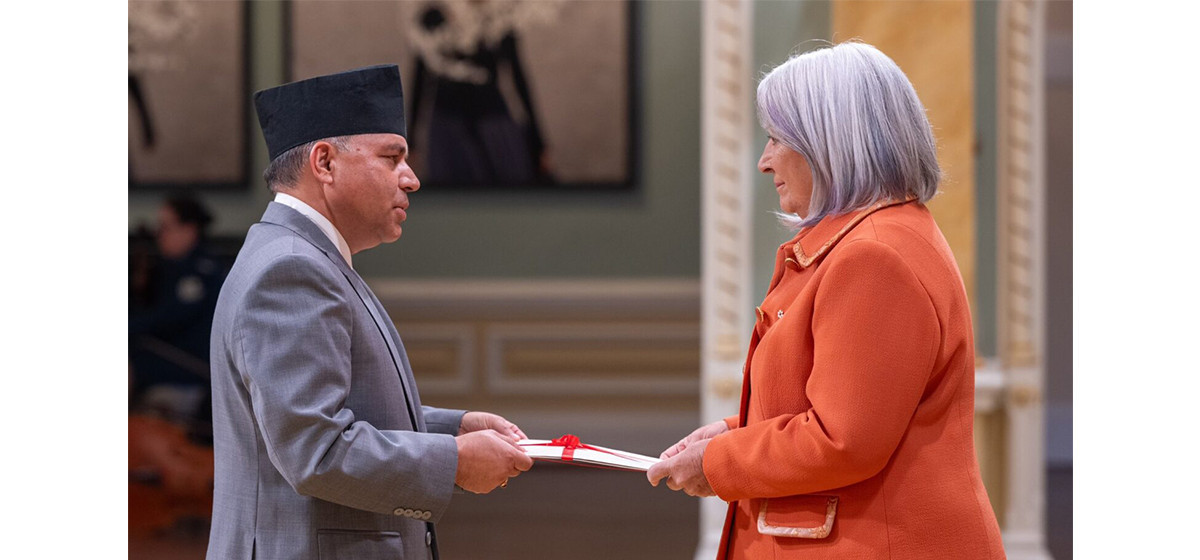

Leave A Comment